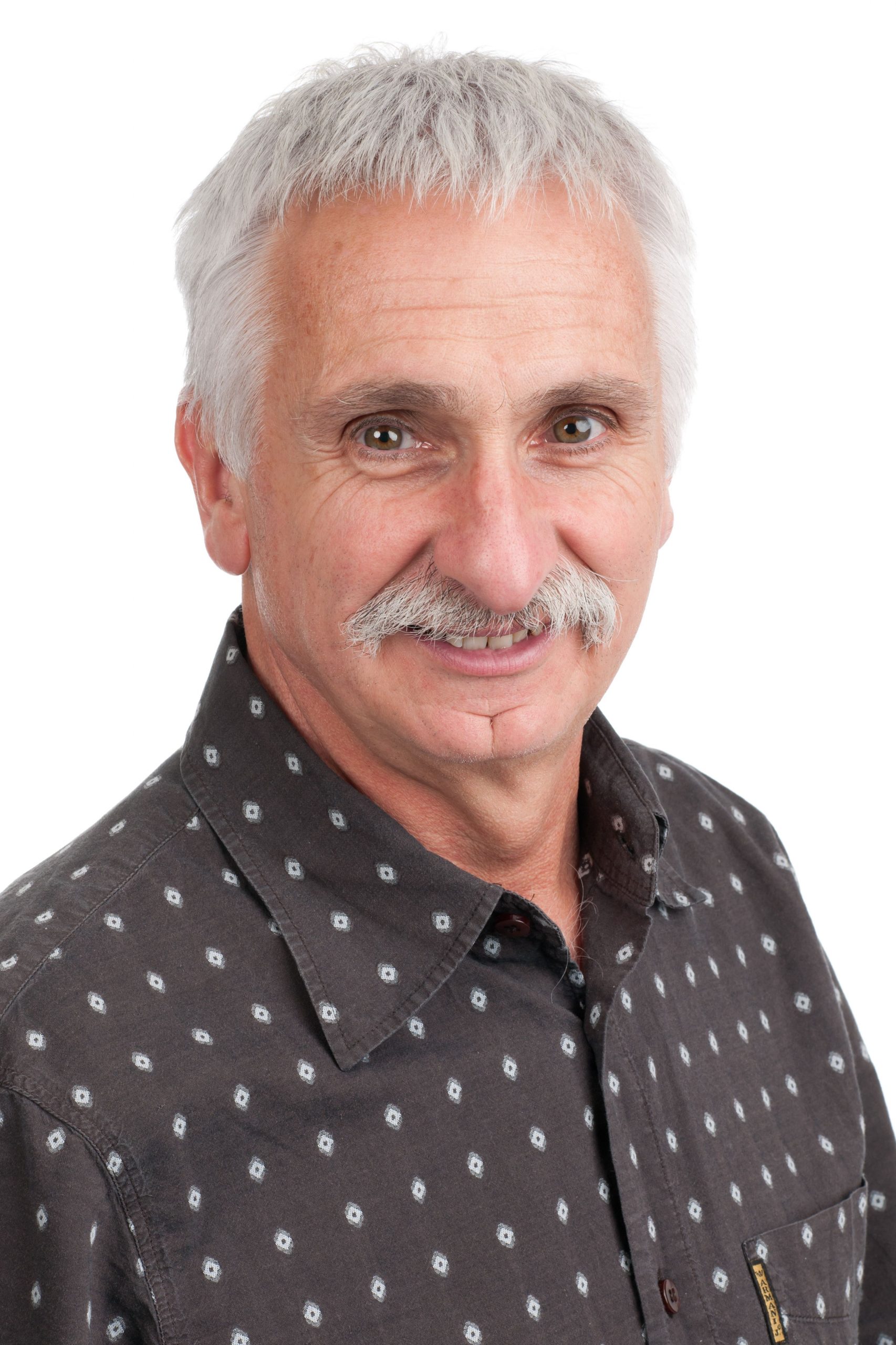Less Neglect, More Openness: Two ‘Grand Experiments’ in Health Innovation
Commemorating the 10th Anniversaries of PLOS and the Drugs for Neglected Diseases initiative (DNDi), Bernard Pécoul, Executive Director of DNDi, discusses the innovative journeys of the organisations.
This is the first of two posts which will culminate in a new PLOS Collection launching on December 4th, highlighting the valuable work of DNDi published in PLOS throughout the years. This special DNDi anniversary will also be celebrated at the Institut Pasteur from the 4-5th December.

For those of us who experienced first-hand what it meant as doctors, working in very remote areas of developing countries, to be simply unable to appropriately treat patients with life-threatening conditions, the anger we felt at the dearth of R&D a decade ago changed us and led us to act, notably through the MSF Access Campaign. In 2001, a publication that analysed a 25-year period (1974 to 1999) showed that only 1.1 % of new drugs were approved specifically for neglected diseases, and this against the background of a global disease burden of 12%. In the neglected disease R&D community we referred to this as the ‘fatal imbalance’, rooted in market and policy failures. The foundations of DNDi and PLOS – two ‘experiments’ in innovation initiated 10 years ago – were part of what we can call today, with hindsight, a paradigm shift.
The Drugs for Neglected Diseases initiative (DNDi) was one of a group of Product Development Partnerships (PDPs) that aimed to fill R&D gaps and catalyse new scientific projects to address the needs of neglected patients. With a decade of experience as an independent, international not-for-profit R&D organization, we hope that others will join us in analysing what has truly worked and what hasn’t in the many efforts that have been undertaken since the ‘fatal imbalance’ was exposed.
Within 10 years and with a budget of approximately EUR 183 million, the initiative has delivered six new treatments for neglected diseases, notably for Chagas disease, visceral leishmaniasis (or kala azar), human African trypanosomiasis (or sleeping sickness), and malaria, and established a solid drug development pipeline, including 12 new chemical entities (NCEs) in pre-clinical and clinical development. Over 350 collaborations in 43 countries, including nearly 20 pharmaceutical and biotechnology companies, and over 50 universities and research institutes have been put into action. North-South and South-South technology transfer projects and three disease-specific clinical research platforms were formed to strengthen research capacity in neglected disease-endemic countries. With its partners, DNDi has conducted 25 clinical studies from Phase I to Phase IV implementation/pharmacovigilance studies, enrolling over 33,000 patients.
However, despite the promise and first successes of DNDi and many other initiatives, it is important to remember that our efforts, successes, the engagement of new actors, including the pharmaceutical industry, and support from donors over the past decade are still part of an experiment, and are thus fragile. There is still a systemic lack of R&D to address the needs of patients without purchasing power. A recent study published in October 2013 shows a persistent deficiency in truly new therapeutics for neglected diseases, despite a certain degree of progress and acceleration in R&D. From 2000 to 2011, of the totality of new drugs and vaccines approved for all diseases, 4% were for neglected diseases (defined broadly as diseases prevalent primarily in poor countries). The main progress made has been in repurposing or combining existing drugs. Of those that were truly new drugs, 1% were for neglected diseases. So is the ‘fatal imbalance’ really a thing of the past?
Unfortunately it is not, but the future holds promise, especially if we learn constructively from the past decade. We have seen that it is possible to develop quality, adapted, and affordable new health technologies for neglected patients. But not with a traditional market-driven approach. Generating public health breakthroughs, building and maintaining cross-sector partnerships notably with partners from neglected disease-endemic countries, increasing and sustaining funding needed to build on the progress of the past decade, establishing new incentives and open collaboration models, and implementing strategies for patient access to health all have to be part of the way forward.
Our efforts have also been accompanied by a decade of international negotiations and expert reports at the WHO, analysing and debating the need and feasibility of a global framework for essential health R&D for the health needs of the poor. These discussions are clear about the necessity of ensuring health R&D priorities are set based on needs and not markets, securing new and more importantly sustainable financing, and establishing an enabling policy environment that guarantees that innovation is linked to access for patients most in need.
The opportunity we have today as a research community is enormous. We have made breakthroughs and we need to ensure that these experiments lead to sustainable R&D models that continue to search for greater efficiency, greater openness, and greater coordination.
DNDi and PLOS are celebrating 10 years of existence, 10 years of what we could call an experimental process in generating innovation for global public health needs. We hope that others will join us in thinking about how open models can better deliver for the health needs of the poor.
 Dr Bernard Pécoul is the Executive Director of the Drugs for Neglected Diseases initiative. Prior to his involvement with the DNDi, Dr Pécoul was Director of the MSF Campaign for Access to Essential Medicines, Executive Director of MSF-France, a co-founder of the centre for epidemiological research Epicentre, and an MSF field physician in Africa, Latin America, and Asia.
Dr Bernard Pécoul is the Executive Director of the Drugs for Neglected Diseases initiative. Prior to his involvement with the DNDi, Dr Pécoul was Director of the MSF Campaign for Access to Essential Medicines, Executive Director of MSF-France, a co-founder of the centre for epidemiological research Epicentre, and an MSF field physician in Africa, Latin America, and Asia.
